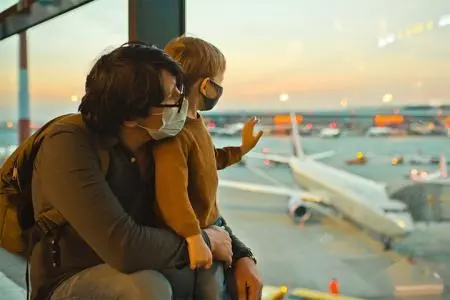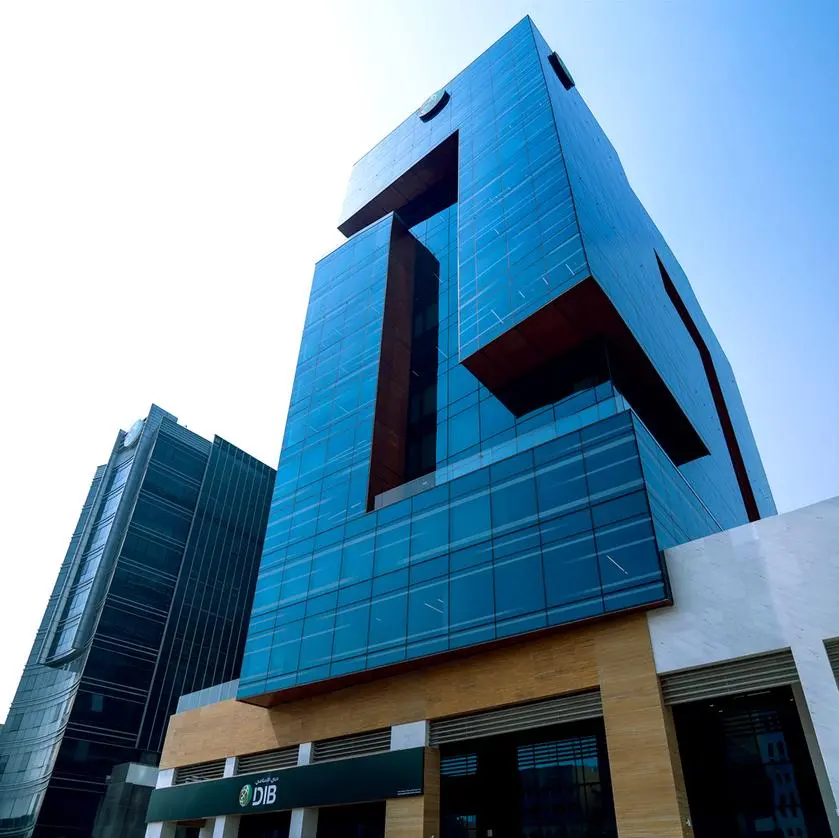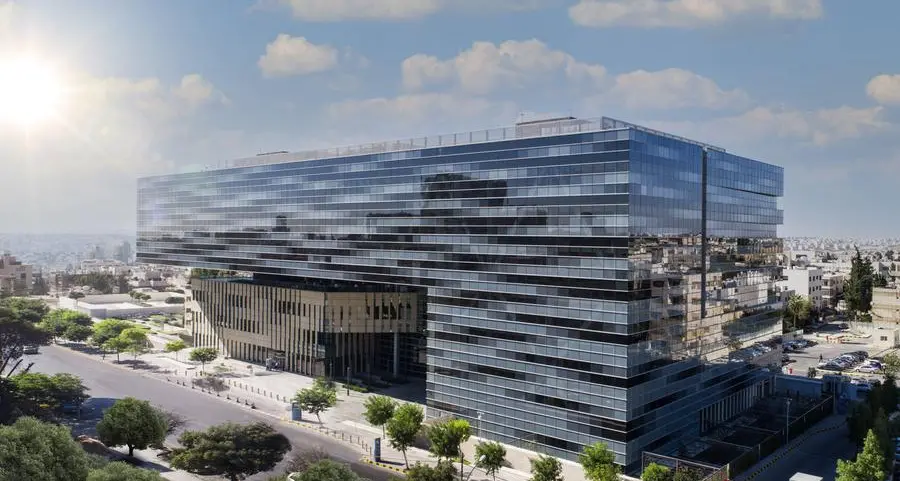PHOTO
GENEVA : – The COVID-19 pandemic has refocused IT spending priorities for airlines and airports in 2020 as revenue plunged and the industry faced new health and operational requirements needed to keep flying.
Among the key finding from SITA’s 2020 Air Transport IT Insights, published today, was an accelerated investment in automated passenger processing focusing on touchless and mobile services. There was also a strong focus on virtual and remote IT services that allowed employees to work from home while ramping up communications with passengers. Cybersecurity and cloud services – that helped automate operations and drive new efficiencies – were key.
In 2020, SITA data showed that flight volumes plunged 44% year-on-year due to the pandemic. As a result of this impact on demand, IATA forecast that the airline industry's full-year loss at $118 billion.
David Lavorel, CEO SITA AT AIRPORTS & BORDERS, said: "The severe slowdown in 2020 forced the air transport industry to focus on driving new cost efficiencies. Adding to the pressure, airlines and airports had to rapidly incorporate new health measures such as touchless passenger processing and the handling of new health information and protocols, including PCR testing in many destinations. These efforts have been made in a market that continues to face rapid changes in air travel regulations that make operational planning volatile and last minute.
"To solve these challenges, the industry has turned to technology and, in many cases, reprioritized where they invested in 2020. The good news is that airlines and airports were able to capitalize on existing trends to automation and have made significant strides in implementing new solutions that will bring new improvements for the passenger now and into the future.”
Data and automation are key
Making the check-in process completely touchless is now the main priority for airports and airlines to help protect passengers and staff, improve the passenger experience and drive efficiency.
Biometric technology is the focus for airport investment with 64% of airports aiming to roll out self-boarding gates using biometric & ID documentation by 2023, three times as many as in 2020. Airlines have doubled implementations and plan to double investment for self-boarding using biometric & ID documentation by 2023 (82%).
Similarly, airlines are prioritizing a completely touchless check-in process, and most want mobile touchless payment options for all services provided. The majority (79%), is focused on enabling self-bag drop for passengers. All essential customer services will become contactless from booking to arrival, including automated lounge access and mobile delayed baggage reporting.
Airline mobile applications for passenger services is a priority with nearly all (97%) of airlines having major programs and R&D in place by 2023. By 2023 the majority of airlines plan to send passengers real-time notifications on their mobile devices about their bags and plan to provide real-time bag-tracking information for staff.
Virtual IT services
In response to the pandemic, most airlines and airports are investing more in in-house virtual and remote IT services allowing employees to work in a more agile and effective way while speeding up communications with passengers. Almost three-quarters of airports and airlines will continue to invest in data exchange, cloud services, cybersecurity, and business intelligence to accelerate their digital airport processes. This includes increasing services on passenger mobile apps and ensuring staff services are accessible via mobile or tablets.
The full report, including methodology and charts, can be found here.
-Ends-
For further information, (not for publication) contact:
SITA
Sami Hallak
Senior account manager
sita@fourcommunications.com
About SITA
SITA is the IT provider for the air transport industry, delivering solutions for airlines, airports, aircraft and governments. Our technology powers more seamless, safe and sustainable air travel.
Today, SITA’s solutions drive operational efficiencies at more than 1,000 airports while delivering the promise of the connected aircraft to more than 400 customers on 18,000 aircraft globally. SITA also provides the technology solutions that help more than 60 governments strike the balance of secure borders and seamless travel. Our communications network connects every corner of the globe and bridges 60% of the air transport community’s data exchange.
SITA is 100% owned by the industry and driven by its needs. It is one of the most internationally diverse companies, with a presence in 200 countries and territories.
SITA’s subsidiaries and joint ventures include SITAONAIR, branded SITA FOR AIRCRAFT, CHAMP Cargosystems and Aviareto.
For further information, go to www.sita.aero
© Press Release 2021
Disclaimer: The contents of this press release was provided from an external third party provider. This website is not responsible for, and does not control, such external content. This content is provided on an “as is” and “as available” basis and has not been edited in any way. Neither this website nor our affiliates guarantee the accuracy of or endorse the views or opinions expressed in this press release.
The press release is provided for informational purposes only. The content does not provide tax, legal or investment advice or opinion regarding the suitability, value or profitability of any particular security, portfolio or investment strategy. Neither this website nor our affiliates shall be liable for any errors or inaccuracies in the content, or for any actions taken by you in reliance thereon. You expressly agree that your use of the information within this article is at your sole risk.
To the fullest extent permitted by applicable law, this website, its parent company, its subsidiaries, its affiliates and the respective shareholders, directors, officers, employees, agents, advertisers, content providers and licensors will not be liable (jointly or severally) to you for any direct, indirect, consequential, special, incidental, punitive or exemplary damages, including without limitation, lost profits, lost savings and lost revenues, whether in negligence, tort, contract or any other theory of liability, even if the parties have been advised of the possibility or could have foreseen any such damages.




















